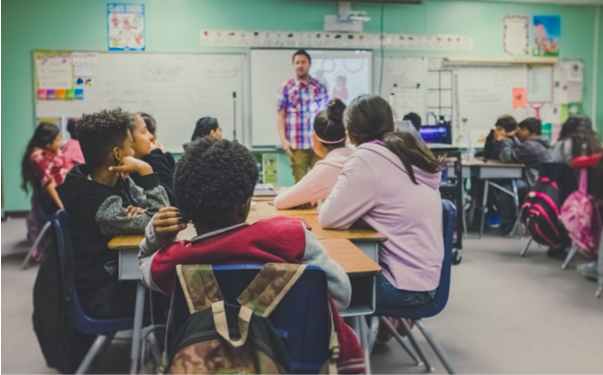The Study of Poverty: The Impact of Poverty on Educational Outcomes for Children
Poverty is common worldwide, and it can cause many negative effects. Not only do families struggle, but children suffer the impacts when attending school.
Here, we look at the study of poverty and how it is an important thing to consider for those that are attending a private or public school.
The quality of education among poverty-level students is often sub-par, leading to a poor educational experience.
Why Impoverished Students Suffer
Those who are living in poverty will often have fewer resources that are available at home. This can impact how a child can complete assignments, conduct research, and get academic help when needed. Many families do not have computers or internet access, which can affect the educational experience.
Parents are also trying to make ends meet by working more than one job. They are not available to help children with schoolwork. There are also resources lacking in communities that have high poverty rates.
A college or private school in a community of poverty will not receive financial support from property taxes. This results in fewer resources in a classroom as well as issues hiring teachers or professors.
Education Gap Between Rich and Poor
Wealth and access to finances play a key role in a child's education. It can be the deciding factor on whether a student attends a private vs public school. In many areas of poverty, public schools do not offer high-quality education. If a family does not have wealth or resources, their child has no educational options.
If you are a college student pursuing a teaching degree, poverty's impact on educational outcomes for children is a hot topic. You can find many facts and data supporting the argument that these children receive a substandard education.
With paper samples, you can find information to write an argumentative essay supporting the increase of resources for such students. There are many poverty essay examples to use for reference. This is an important topic to address as the gap between the rich and the poor grows.
Within essay samples, one can find statistics that show how children in poverty suffer in school. While few studies have been conducted on this topic, they show that wealthy students have a better chance of graduating high school and completing college. Financial inequality has a direct impact on the education received.

Lasting Effects
The effects of poverty on education start early and can last for years. Those that grow up in poverty face many challenges. Their skills and abilities are less developed than their peers who come from high-income families. During early childhood, living in poor situations can lower academic performance. It starts as early as kindergarten and will expand right through elementary and high school.
Studies have shown that low-income students are 5x more likely to drop out of school and 13x more likely never to receive a diploma. The educational experience in K through 12 shapes a student for the future. Specific skills and social interactions are learned that will help the student succeed in postsecondary education.
Those from poor families or communities do not have a solid foundation, and college is seldom on their agenda. The lack of education leads to the inability to find jobs that offer financial stability. This simply continues the poverty cycle. Having a diploma or degree is essential. Those that have not completed high school often have annual salaries below $25,000.
Possible Remedies for Students in Poverty
As the gap between the rich and the poor continues, students from lower-income families still suffer from a lower level of education. They do not have access to the same resources and cannot afford to get extra help or attend a private school.
What can be done?
There are some things that can be addressed to help end the struggle in school for these children who are dealing with poverty.
· Better educational infrastructure – The government and communities should attempt to improve infrastructure to make it easier for students to attend school
· Financial Support – Poor families need to have access to subsidies, so their children can attend school
· Raise Awareness – Increase awareness regarding the importance of early education and how it shapes a person's future.
· Improve Quality of Teachers – To improve the quality of education, better educators are needed. Many schools in areas of poverty pay teachers a lower salary, leading to the hiring of more teachers that do not have the skills or abilities to help these children succeed educationally.
· Prove Resources – Many poor students do not have access to computers at home. One can complete assignments and maintain grades by implementing a program where every student can access a computer. This can also be done by introducing free computer labs at schools or public places so students can visit and access the internet.
Conclusion
To break the cycle of poverty, education is essential. Young children need access to schools and teachers that will provide them with the skills needed to succeed.
Financial burdens may not disappear, but with a solid education, one can get a job that will provide a solid income and hopefully positively impact future generations.


